Gulag
Forced Labor Camps
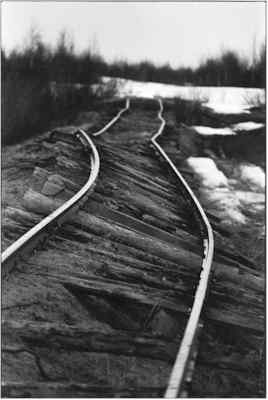
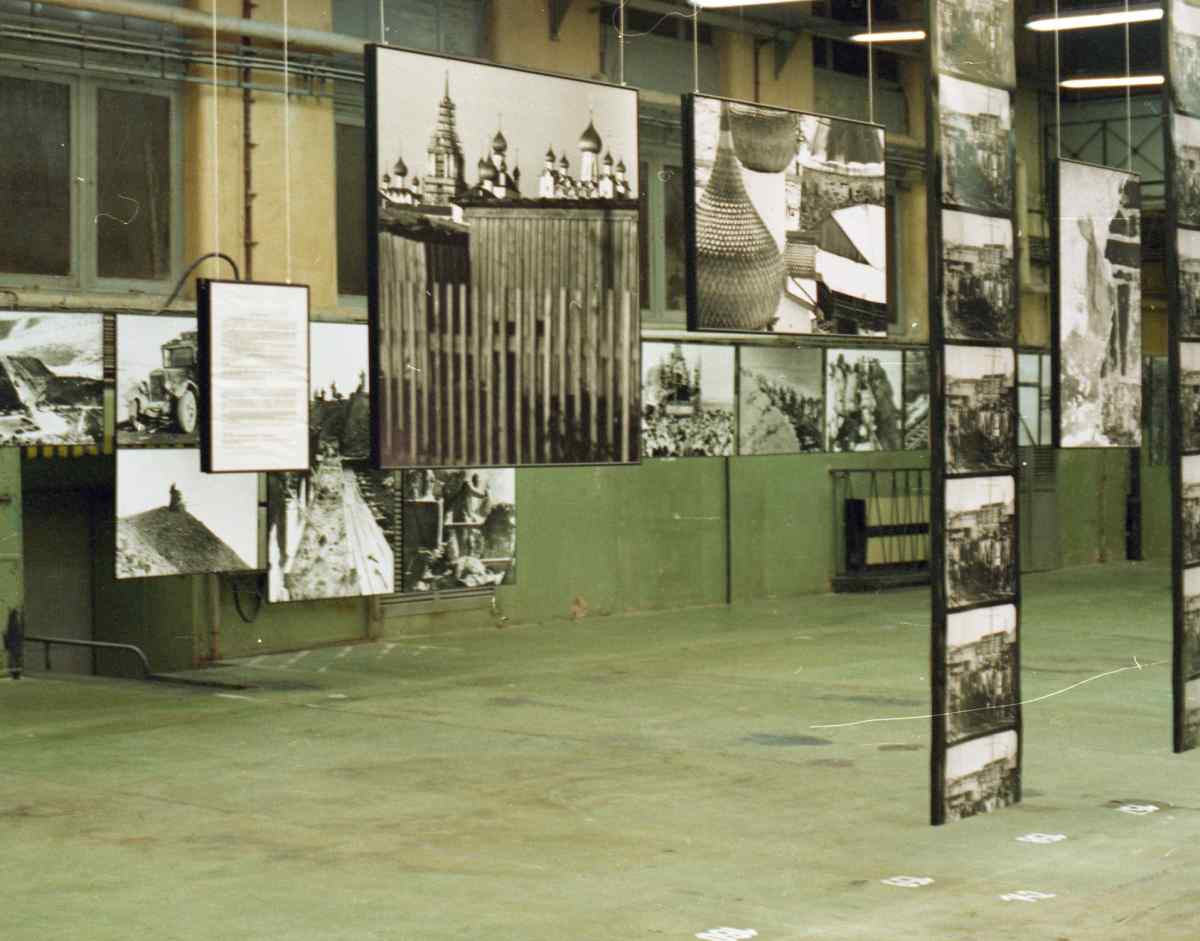
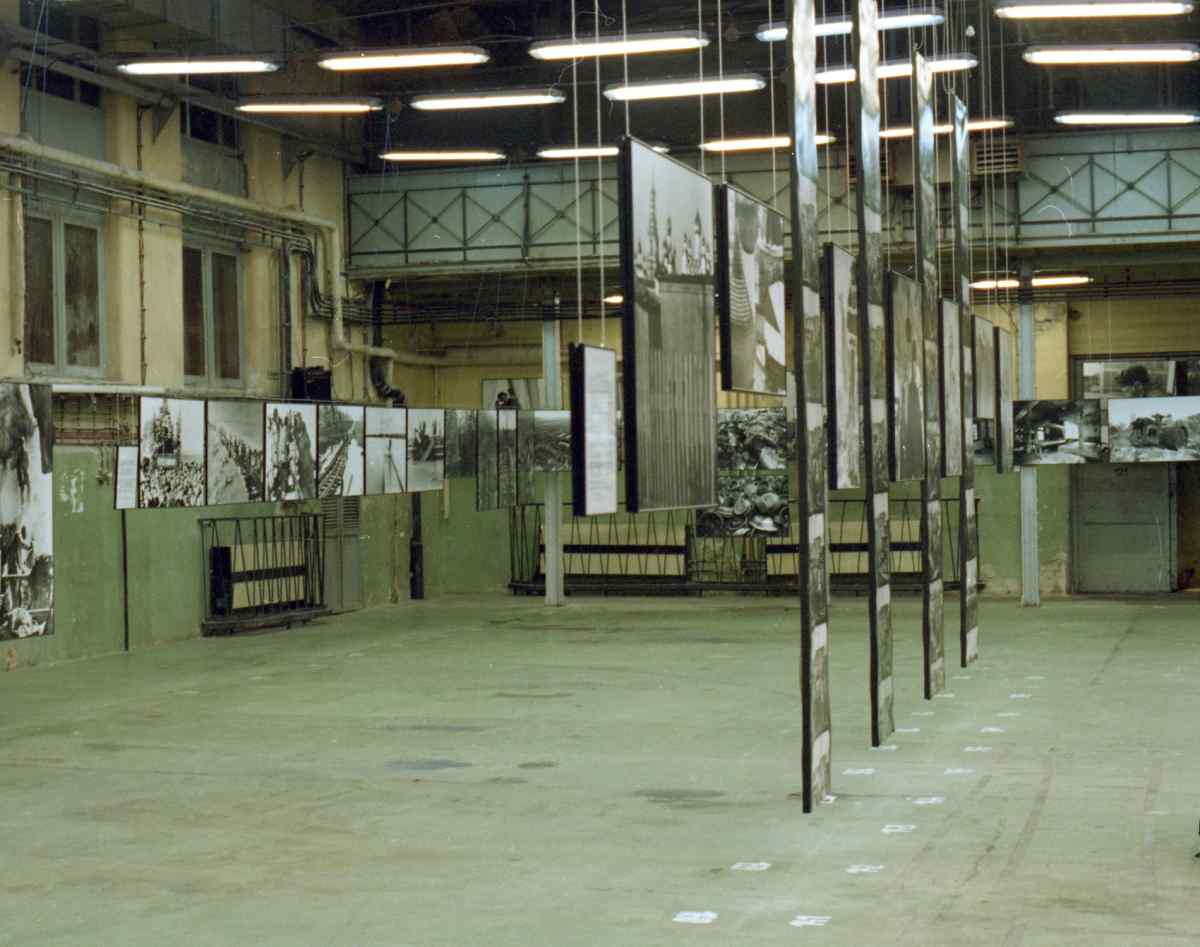
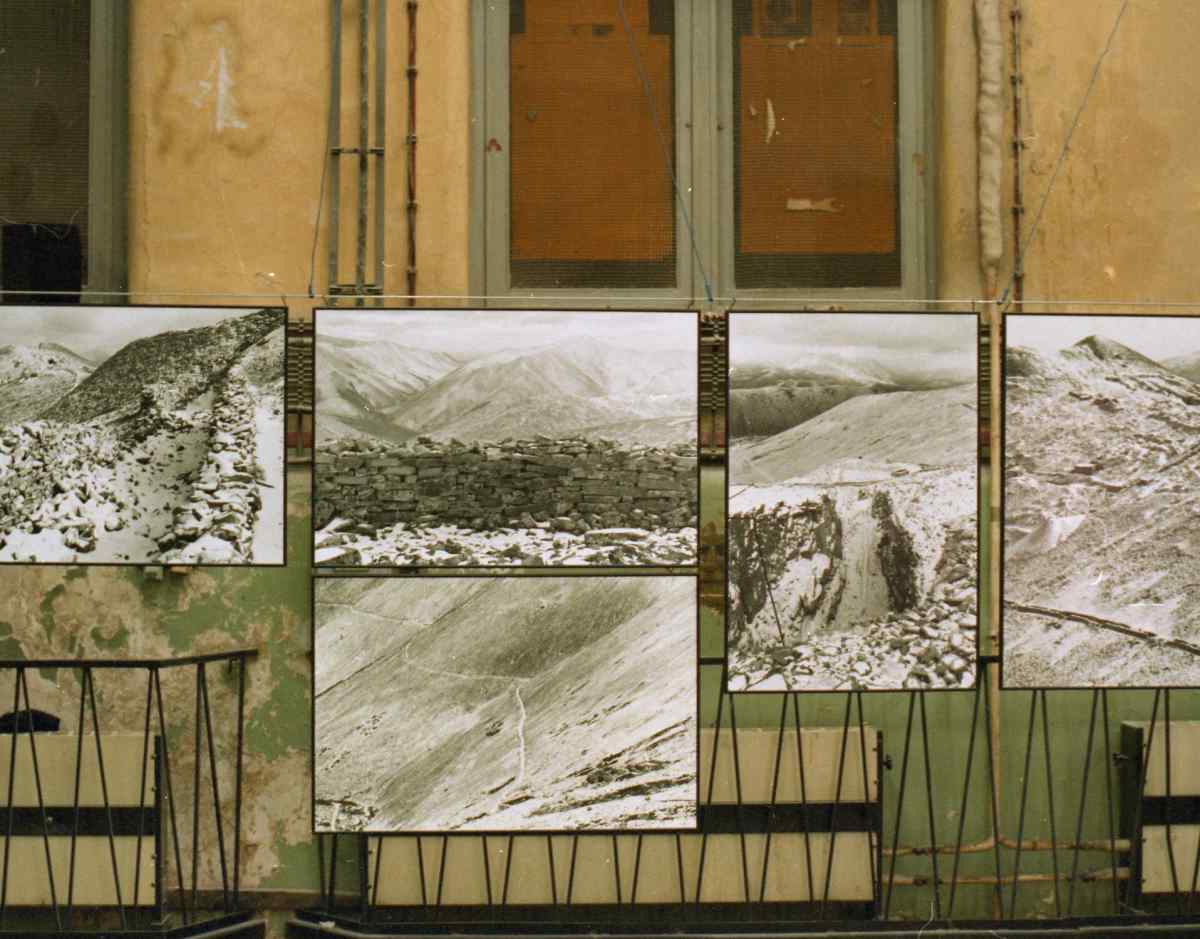
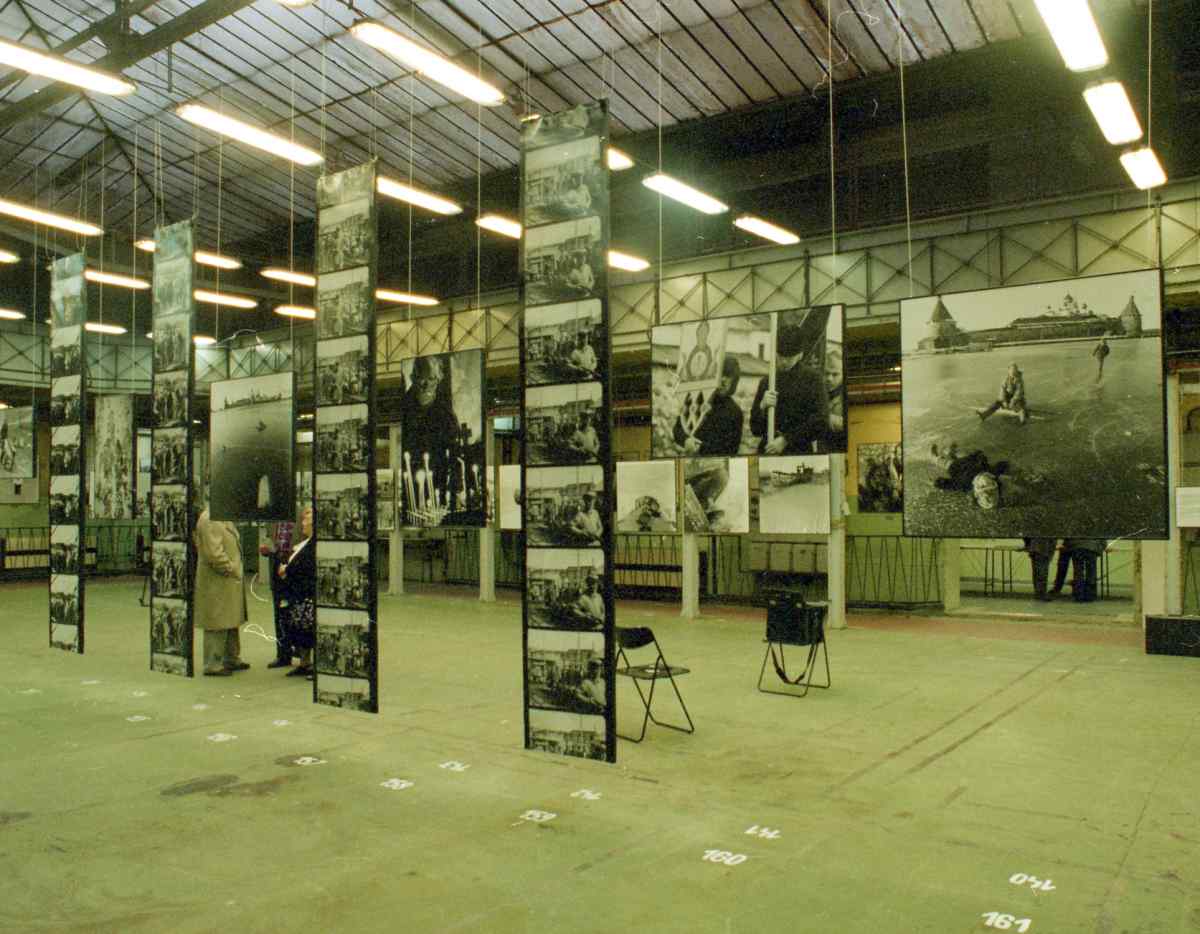
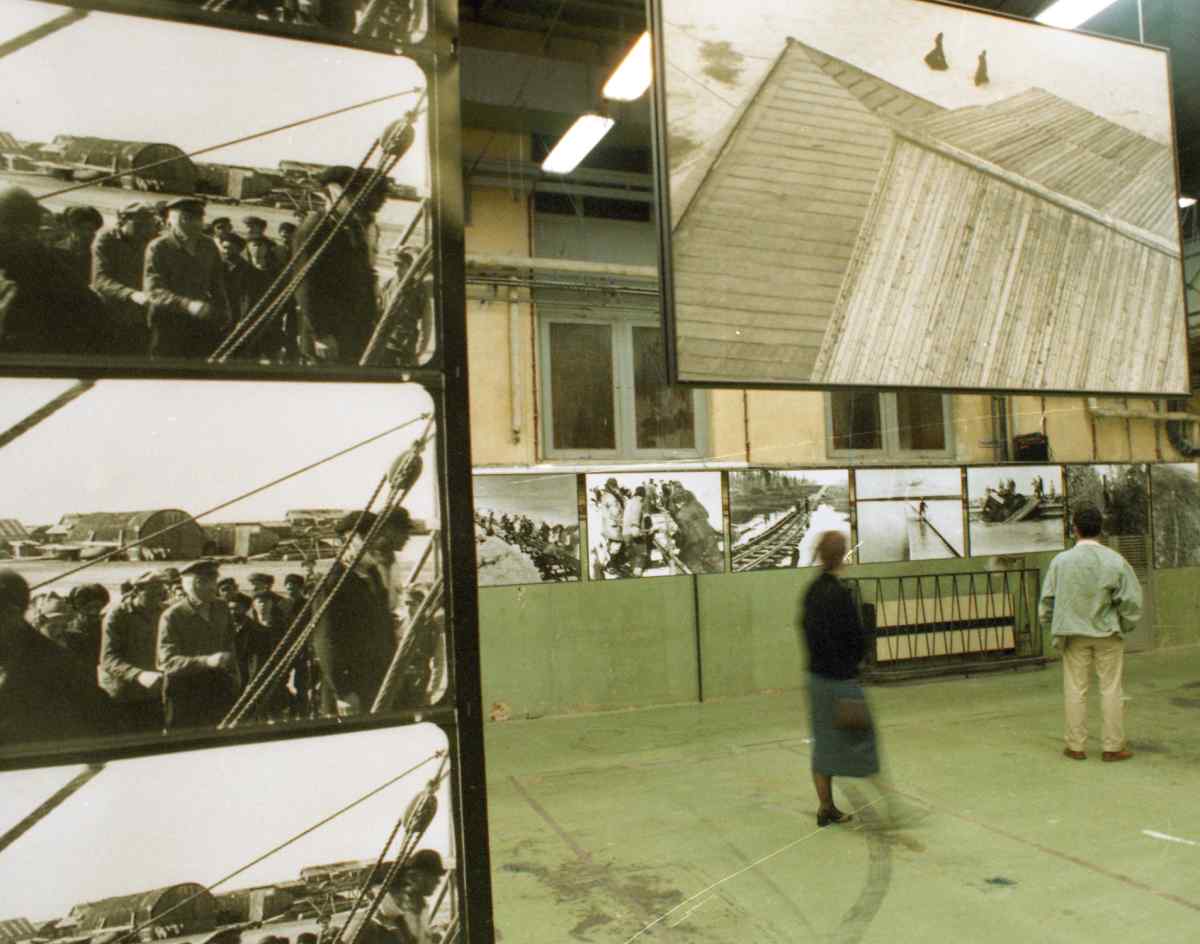
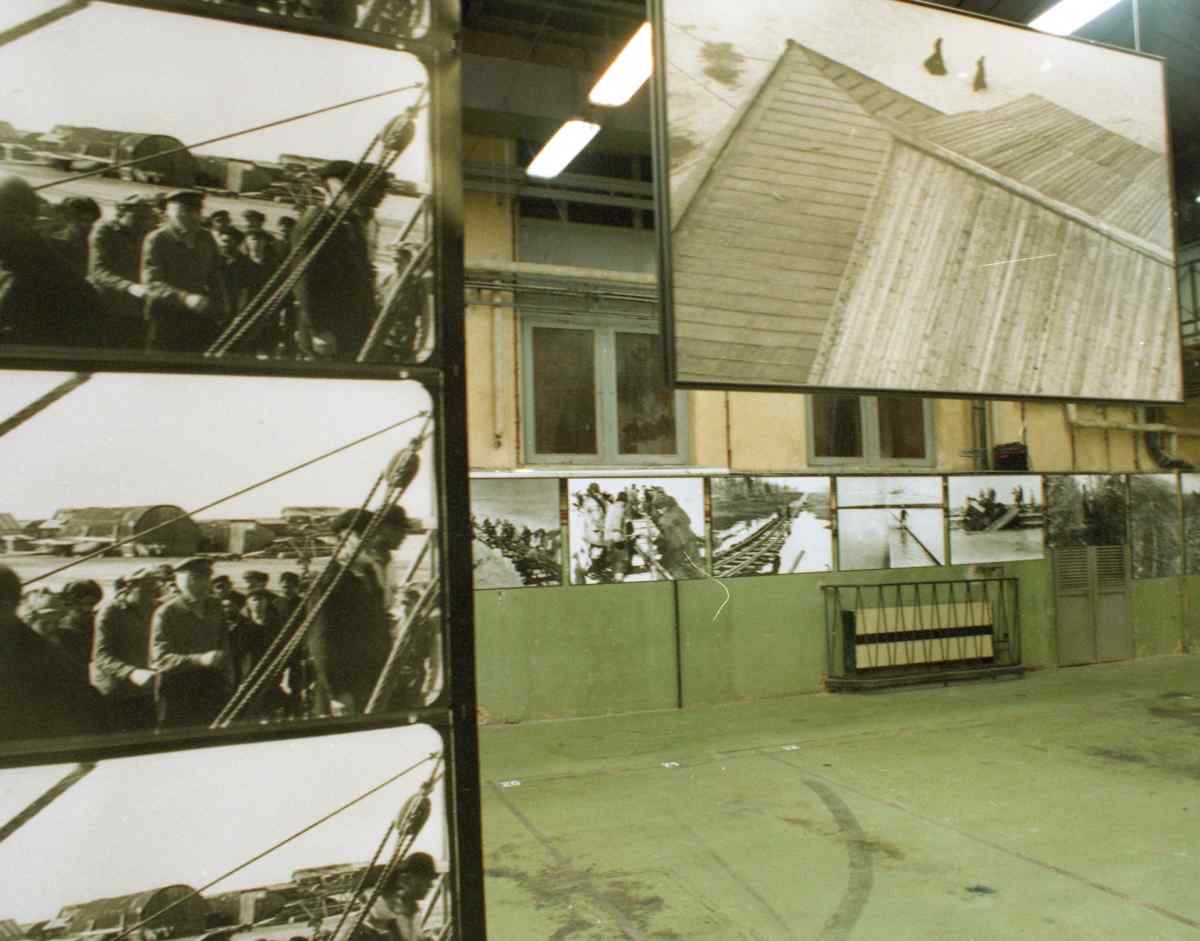
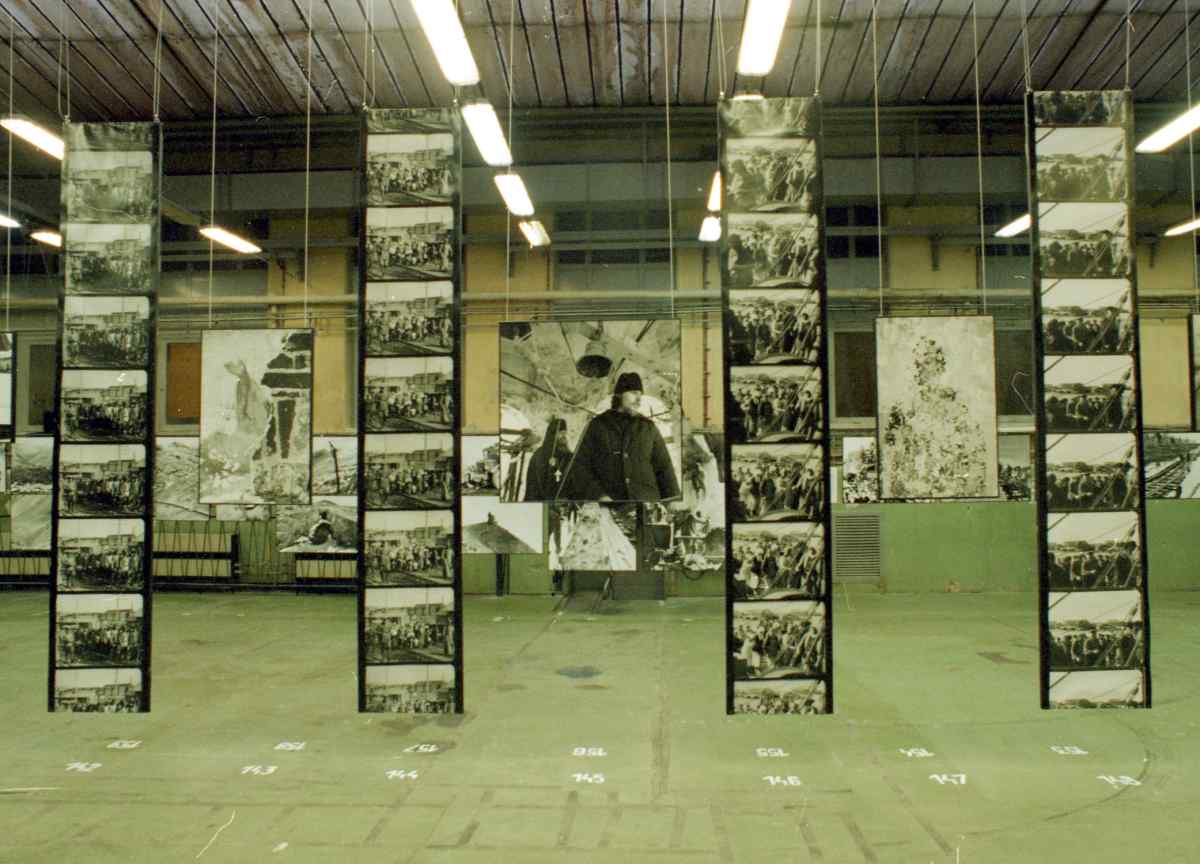
Tomasz KIZNY
design: NEMZETES Ferenc, TIMÁRI Károly
In the 20th century twice as many people died at the hands of their own government as in wars. The end of the millennium is near, but the human catastrophes of our decade are not yet over. The topic of the exhibition titled “Gulag” is time: the ruins of a slave empire and “glorious achievements” acclaimed in the past form an astonishing contrast in the artistic photographs of Tomasz Kizny and the archival pictures of the Moscow organization Memorial.
“Russia is full of strange sights. One step away from habitations will bring you face to face with the vestiges of a singular civilization. Overgrown canals, unfinished roads, abandoned mines and factories, barracks falling to ruin, mazes of barbed wire, the stubs of watchtowers… Remnants of a great slave empire.”—Writes Sergey Kovaliov, former Gulag inmate, about the exhibition presenting photographs of the past and present of the Soviet labor camps. Assembled by the Karta Archives in Warsaw, this internationally acclaimed exhibition will be on view in an unusual location in Budapest.
Using its own documents, the Open Society Archives presents the history of the Gulag from another aspect as well. The official Soviet media shrouded the forced labor camps with silence from their inception. Publications and films propounding state propaganda tried to blur the differences between plain criminals and political prisoners. Miniature notes of the imprisoned, publications released in the West and domestic samizdat, however, hold up evidence of the terrible truth that was suppressed.
Unlike previous exhibitions of the Open Society Archives, this one will be staged not in the Archives’ exhibition hall, but in an unusual place which has not been open to the public in the past years. The abandoned and decrepit industrial hall of the Zrinyi Press, a token of the past regime soon to be turned into a five star hotel by a foreign investor, will lend its atmosphere to the gloomy photographs and documents. Placed in this surrealistically decayed environment, the photos and archival documents will provide the visitors with a unique visual experience.is time: the ruins of a slave empire and “glorious achievements” acclaimed in the past form an astonishing contrast in the artistic photographs of Tomasz Kizny and the archival pictures of various Russian archives.
Venue: Budapest, V. Bajcsy-Zsilinszky út 78. (former industrial hall of the Zrinyi Press).